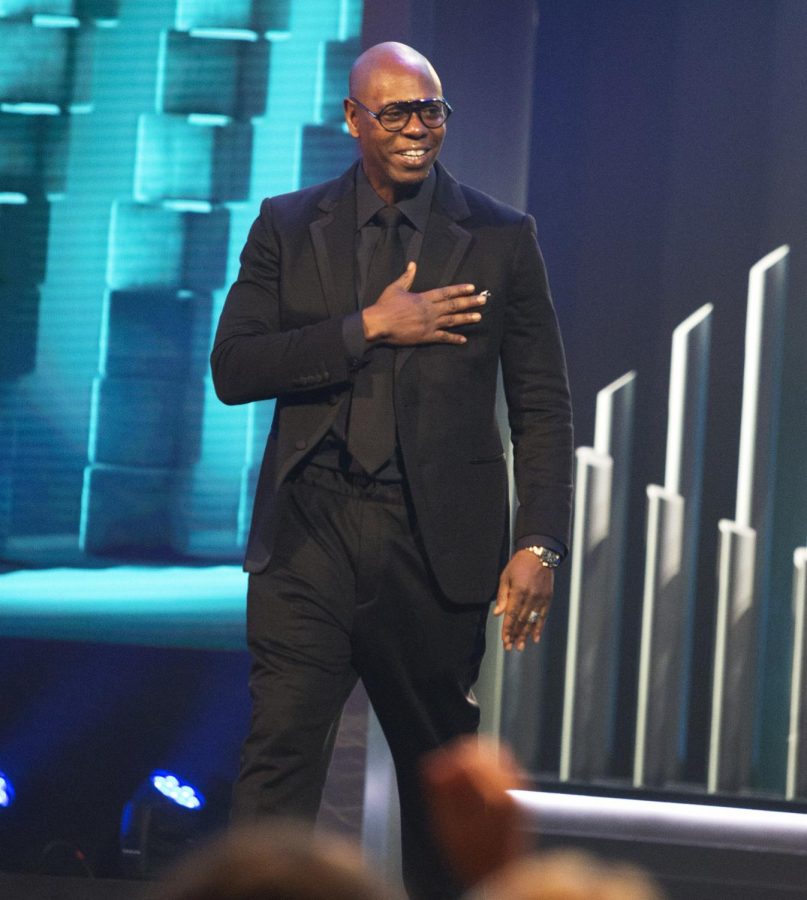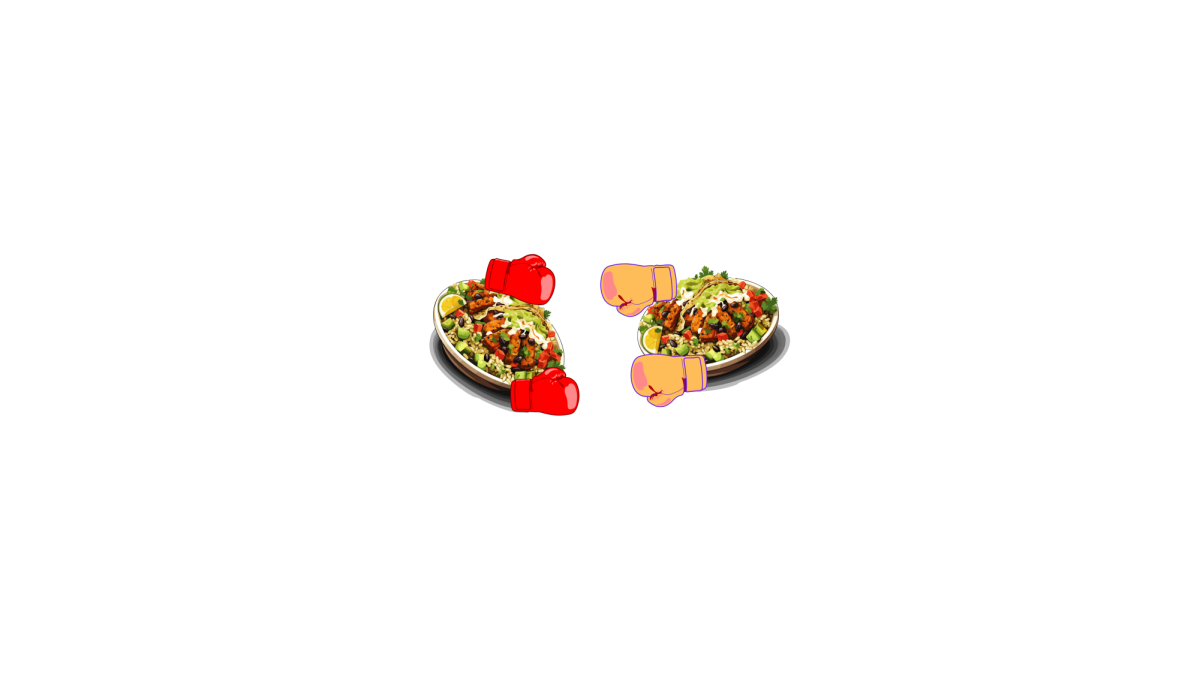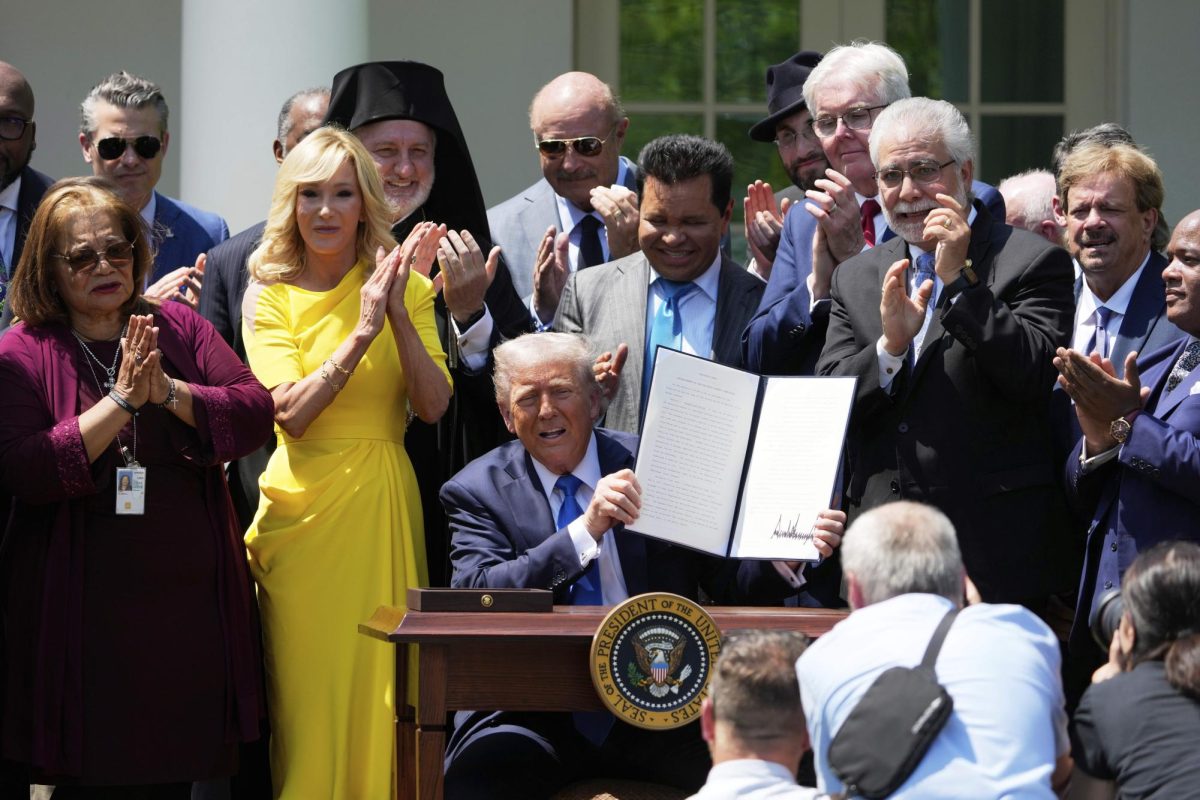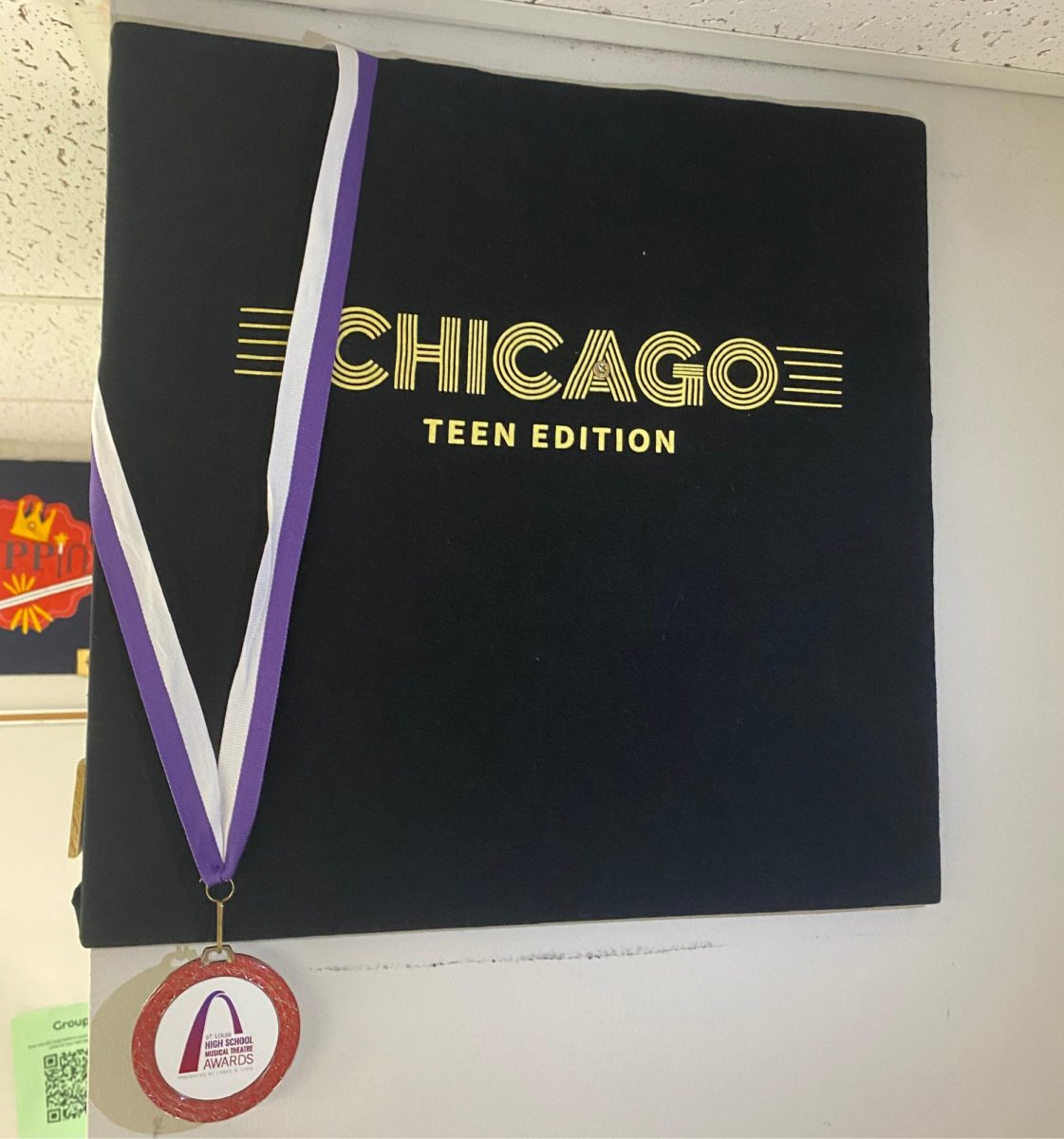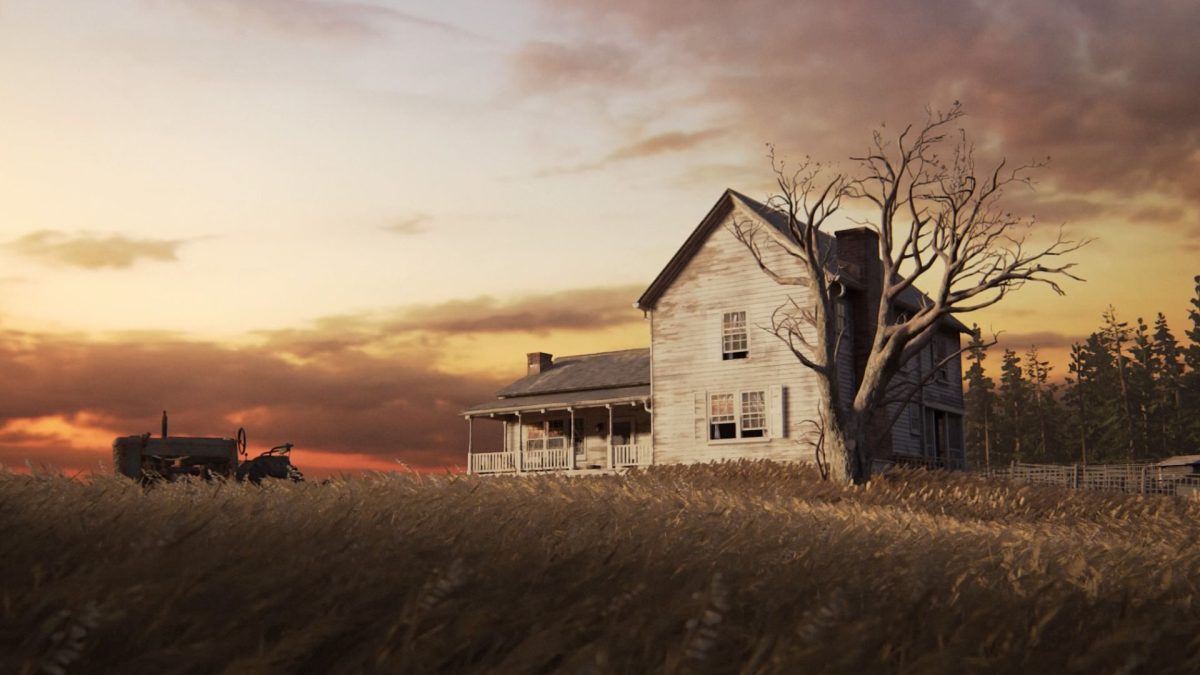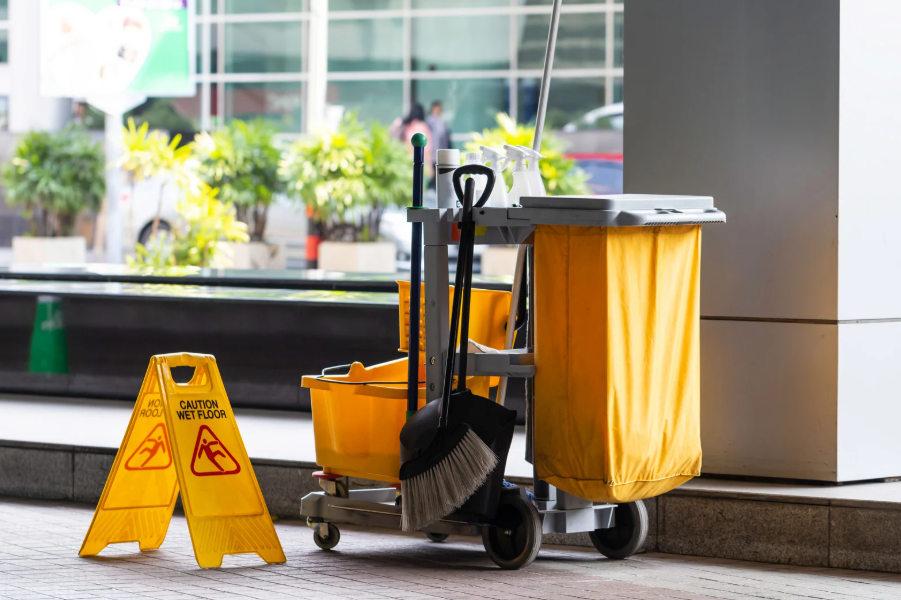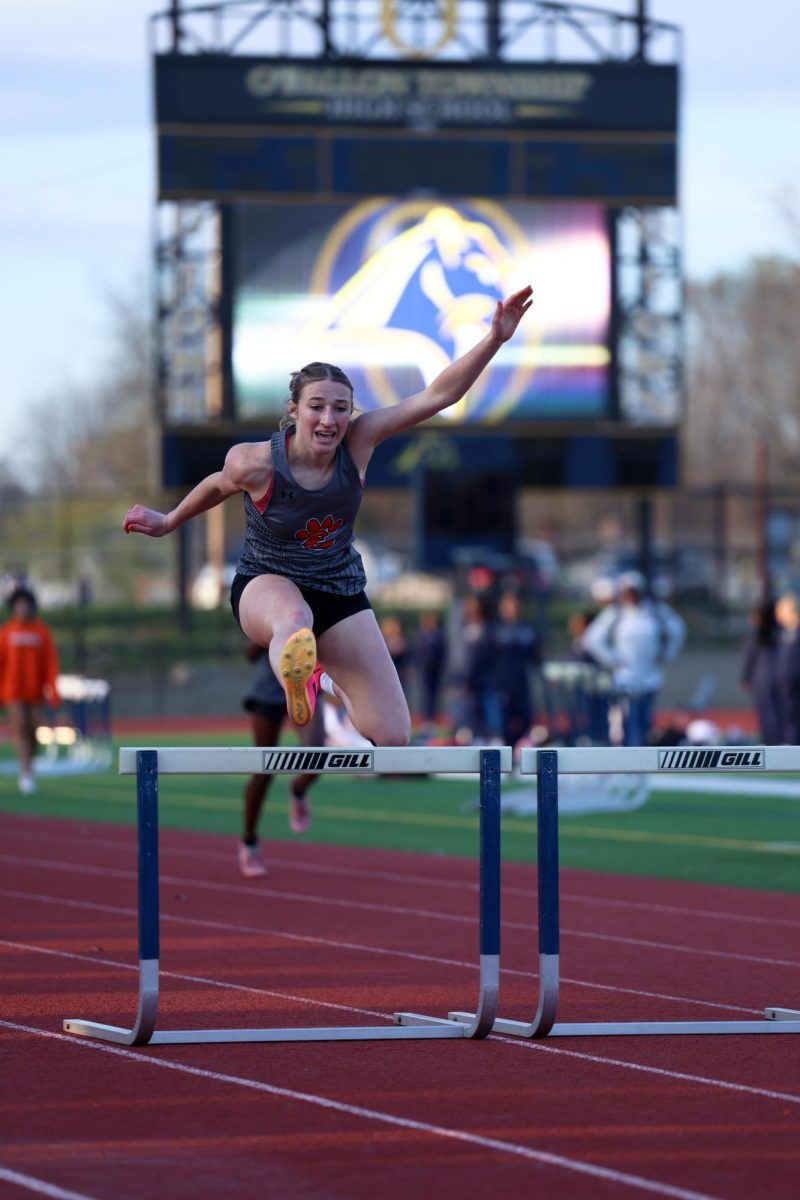Chappelle Offends in New Netflix Special
Stand-up comedian Dave Chappelle at the Mark Twain awards ceremony.
October 22, 2021
The best comedy often comes from uncomfortable subjects, the topics that nobody wants to talk about, much less make jokes about. But where is the line between good comedy and distaste?
Dave Chappelle’s Oct. 5 Netflix special “The Closer” blurs this line.
The special marks the end of a six-special deal between Chappelle and Netflix, which is probably for the best. The 78-minute-long run time is no stranger to offensive jokes. Chappelle even opens the show with a joke about homeless people, followed by a joke about Catholic Priests.
Where the special runs into issues are in the 30 minutes it takes making jokes about the LGBTQ+ community, specifically transgender members of this community.
Chappelle starts this 30 minutes by talking about a woman who falsely accused him of hitting her outside a bar. This was, admittedly, funny and a fair enough thing to joke about, considering it was something that he experienced. But this block of jokes didn’t need to have anything to do with her sexuality, which is what half of the jokes were about.
Later, he continues to make jabs at feminism and talk about transgender women in crude ways. The type of joke that instead of laughing, the only sounds from the audience are uncomfortable groans, like the audience was trying to pity laugh without making themselves look like bad people.
After what seems like hours of jokes too crass to quote, Chappelle pulls the special back around to his own personal experience or, more accurately, his experiences with a friend.
He says that he had a friend, a fellow comedian and trans woman Daphne Dorman, commit suicide in 2019, after an earlier special of his caused backlash online similarly to this one. Dorman defended Chappelle and was, according to Chappelle, attacked on social media for days.
According to a 2018 Reuters Health article, transgender youth are at the highest risk of attempting suicide and 5.87 times more likely to attempt than other adolescents.
If Chappelle is personally aware of the damage that negative comments about a person’s gender can cause, and personally aware of the possibility of suicide, why is he still making jokes?
Chappelle in the end tries to say that the entire special was actually about race and that he wouldn’t have made jokes about the LGBTQ+ community if they hadn’t been racist to him first. Which can only be described as a playground “he hit me so I hit him back” attack on a complicated situation.
Hate should not be combated with hate, even if it’s in the form of a comedy special.


